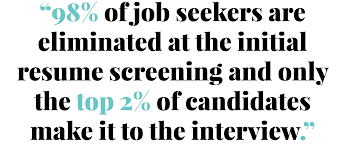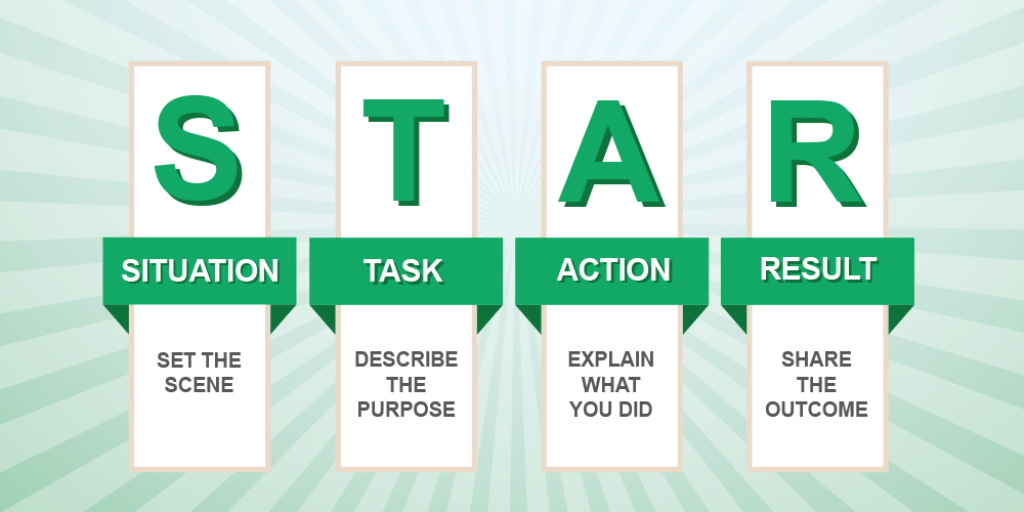The Ultimate Job Search Toolkit for Fresh Graduates
Your graduation day has passed, and the celebratory photos are up on Instagram. Now the big question looms: What’s next? For many fresh graduates, finding that first job feels like climbing a mountain without a map. The good news is that landing your first job doesn’t have to be difficult if you have the right tools. This guide is here to help. From teaching you how to craft a winning resume to networking and acing interviews, we’ve got you covered. Let’s break it down step by step so you can follow along.
Crafting a Standout Resume with Limited Experience
A resume is your first impression on an employer, so it must be good! But as a fresh graduate, how do you make it stand out with little or no work experience? Here’s the trick: focus on your strengths and what makes you unique.
Understand the Recruiter’s Perspective
Employers hiring fresh graduates don’t expect years of experience. Instead, they look for potential, enthusiasm, and skills you’ve gained from school, internships, or volunteering. Think of your resume as a way to show them why you’re worth hiring.
Resume Writing Tips for Fresh Graduates
- Keep it Simple and Clear
- Use a clean format with clear headings (e.g., Education, Skills, Experience).
- Stick to one page. Most recruiters spend less than 10 seconds scanning resumes!
- Highlight What You Have
- Academic Achievements: Include your GPA (if it’s good), scholarships, or relevant coursework.
Example: “Bachelor of Science in Marketing, XYZ University (2024), GPA: 3.8/4.0”. - Internships and Part-Time Jobs: Did you work as a cashier or an intern? Show how it taught you teamwork, customer service, or organization.
Example: “Managed daily sales transactions, building strong customer relationships at ABC Store.” - Volunteering or Leadership Roles: If you were part of any club or project, include that.
Example: “Organized a charity fundraiser that raised $1,000 for local schools.”
- Academic Achievements: Include your GPA (if it’s good), scholarships, or relevant coursework.
- Customize for Each Job
- Use keywords from the job description. For example, if the job mentions “teamwork,” highlight a project where you worked with others.
- Avoid Common Mistakes
- No typos or grammar errors—proofread your resume.
- Avoid clichés like “hardworking” or “team player” without examples to back them up.
Networking for Fresh Graduates
Recommended: How to Network Your Way to a Job
Networking sounds intimidating, but it’s simply talking to people who might help you find a job. Many jobs are never even advertised—they’re filled through referrals. That’s why networking is so powerful.
Why Networking is Important
Imagine you’re at a party, and someone says they’re hiring for a role that fits your skills. Because you’re there to introduce yourself, you have an advantage. Networking creates these opportunities.
How to Network Effectively
- Use Alumni Networks
- Reach out to people who graduated from your school and are working in your desired industry.
Example: Send them a LinkedIn message like:
“Hi [Name], I’m a recent graduate from [Your School], and I noticed we share the same alma mater. I’d love to hear about your experience in [Industry]. Could we chat for a few minutes?”
- Reach out to people who graduated from your school and are working in your desired industry.
- Leverage LinkedIn
- Create a professional profile: Use a clear photo, write a short summary about your career goals, and list your skills and experiences.
- Join groups in your field and comment on posts. This can help you connect with professionals.
- Attend Networking Events
- These could be career fairs, conferences, or even online webinars. Prepare a 30-second pitch about yourself, like:
“Hi, I’m [Your Name], a recent graduate in [Field]. I’m passionate about [specific interest], and I’m looking to start my career in [Industry].”
- These could be career fairs, conferences, or even online webinars. Prepare a 30-second pitch about yourself, like:
- Follow Up
- After meeting someone, send a short thank-you email or message. Mention something specific you discussed to jog their memory.
Mastering the Interview Process
An interview is your chance to show employers why you’re the right fit. It’s normal to feel nervous, but preparation can make you more confident.
Pre-Interview Preparation
- Research the Company
- Learn about the company’s mission, values, and recent achievements.
Example: If applying to a tech company, read about their latest product launch and be ready to mention it.
- Learn about the company’s mission, values, and recent achievements.
- Practice Common Questions
- Questions like:
- “Tell me about yourself.”
- “What are your strengths and weaknesses?”
- “Why do you want to work here?”
- Use the STAR method (Situation, Task, Action, Result) for answers.
Example:
Situation: “During college, I led a group project on digital marketing.”
Task: “My role was to create a social media strategy.”
Action: “I researched trends and designed content.”
Result: “Our campaign increased engagement by 25%.”
- Questions like:
- Prepare Questions to Ask
- Examples:
- “What does a typical day look like for this role?”
- “How does the company support employee growth?”
- Examples:
During the Interview

- Make a Great First Impression
- Dress appropriately—business casual is usually safe.
- Be polite and smile!
- Show Confidence
- Speak clearly, maintain eye contact, and listen actively.
- If you don’t know an answer, it’s okay to say, “That’s a great question. I’d need to think about it more, but here’s my initial thought.”
Post-Interview Follow-Up
Send a thank-you email within 24 hours.
Example:
“Thank you for taking the time to interview me. I enjoyed learning about [specific topic] and am excited about the opportunity to contribute to your team.”
Tools and Resources for Fresh Graduates
There are many free or affordable tools to make your job search easier.
Job Search Platforms
- LinkedIn: Best for networking and finding job postings.
- Indeed and Glassdoor: Great for browsing job listings and company reviews.
Skill-Building Resources
- Take free courses on Coursera or Udemy to learn new skills like coding, data analysis, or marketing.
Example: Completing a course in Excel can make you stand out for office roles.
Time Management Tools
Staying Resilient in Your Job Search
The job search can feel discouraging at times, but staying positive is key.
Dealing with Rejections
Rejection isn’t personal; it’s just part of the process. Instead of giving up, ask for feedback and use it to improve.
Maintaining Momentum
- Set daily goals: Apply to three jobs and send one networking message daily.
- Take breaks to avoid burnout—job hunting is a marathon, not a sprint.
Celebrate Small Wins
Every step counts! Whether it’s a polished resume or a successful interview, recognize your progress.
Conclusion
Finding your first job can be challenging, but with the right tools and mindset, you’re already ahead. Focus on creating a strong resume, building connections, and preparing for interviews. Most importantly, don’t give up—you’ve got this!






